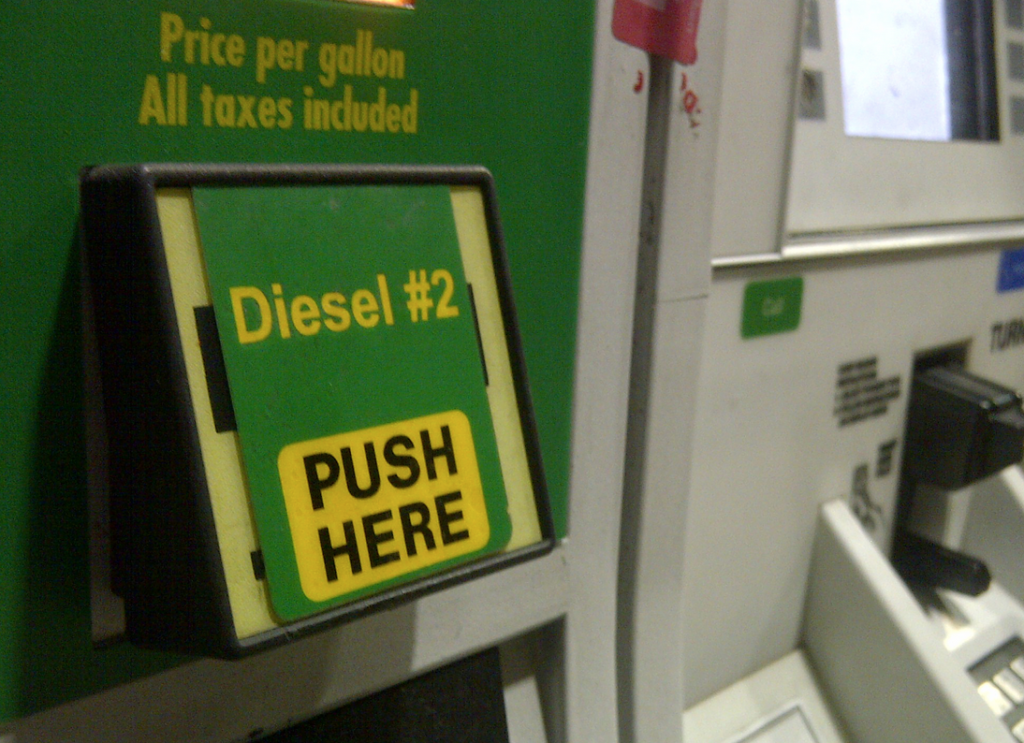Pro-diesel Group Touts Green Impact of “Clean” Diesel
Pro-diesel lobby and information group, The Diesel Technology Forum, is touting the benefits of “clean” diesel, noting: “The introduction of more advanced diesel truck engines, innovative emissions control systems, and cleaner diesel fuel over the past decade have successfully resulted in major improvements in air quality and fuel efficiency.”
The group points to a new research compiled by The Martec Group.
According to the study, “the four million cleaner heavy-duty diesels introduced from 2007 through 2015 have saved U.S. consumers:
* 29 million tonnes of CO2
* 7.5 million tonnes of NOx
* 218,000 tonnes of Particulate Matter (PM)
* 2.9 billion gallons of diesel
* 69 million barrels of crude oil”
Noted Allen Schaeffer, the Executive Director of the Diesel Technology Forum, “The reductions from the 2007 and newer trucks on the road today are equivalent to removing the CO2 emissions from 6.1 million light-duty cars from the road for one year, removing the NOx emissions from all light-duty cars for two years, and removing the particulate matter from all light-duty cars for six years.”
Schaeffer said 42 percent of all medium and heavy-duty diesel commercial trucks (Classes 3-8) in operation in the United States – four million of 9.5 million diesel trucks – were now equipped with newer technology clean diesel engines; up from 38 percent last year. For Class 8 trucks, the group noted, “running the newest generation (2010 and newer) engines, the new technology saved truckers $2,400 a year in fuel costs by using 875 fewer gallons of fuel (based on 125,000 miles traveled).”
“As the world’s attention is now focused on meeting future international climate commitments, it is important to recognize the fuels and technologies that are delivering proven benefits here and now in communities all across America, because technologies like clean diesel will also be vital to achieving those future goals as well,” Schaeffer said.
Regulations also play a role. In December 2000, the U.S. Environmental Protection Agency established new requirements to reduce emissions from on-road heavy-duty trucks and buses by up to 95 percent and cut the allowable levels of sulfur in diesel fuel by 97 percent by 2010. The first requirement for a 98 percent reduction in particulate matter became effective in 2007. In 2010, requirements for a 98 percent reduction in NOx from 2007 levels went into effect.
Category: Fuel and Oil, Uncategorized













